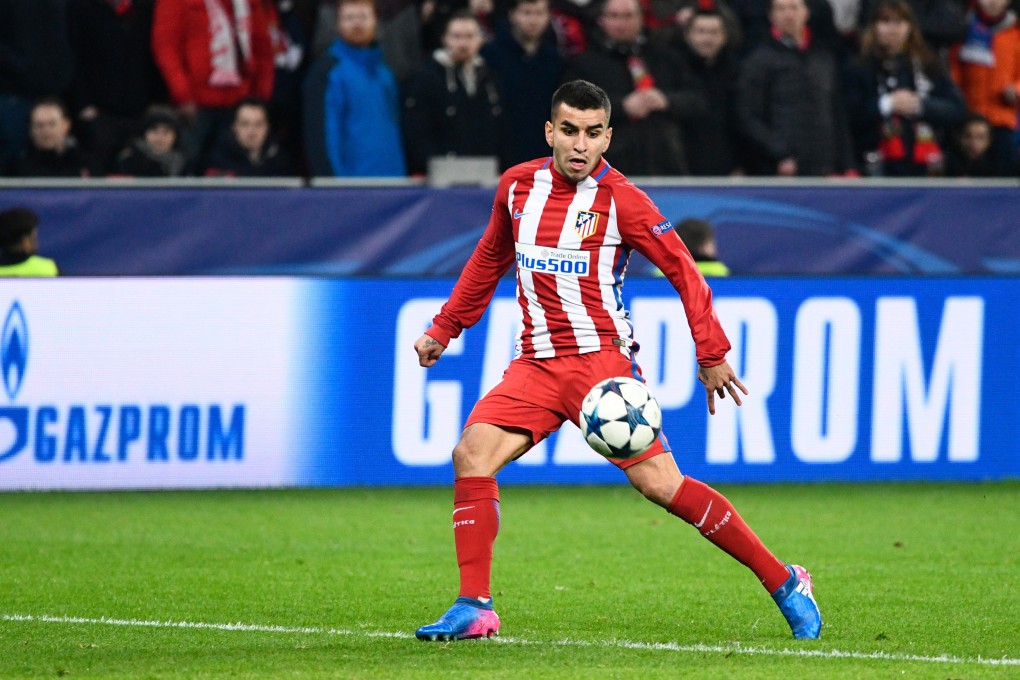Opinion | Sports sponsorship fuelling Gazprom’s soft power: how the Russian energy supplier uses football to reach out to decision-makers
- Russian energy company sells fossil fuels to governments
- Firm has been a major partner for Fifa and Uefa for a number of years

Avid viewers of the competition will be able to recall Gazprom from the pitchside rotational signage or else from the advertising credits that bookend televised coverage of the competition. But in case people miss the name on television, Gazprom’s logo can also be found on the shirts of German club Schalke, which it has sponsored since 2007, and on the shirts of Russian club Zenit Saint Petersburg, a club it also owns.
The UCL boasts a roster of sponsors with which most consumers will be familiar. Sony, Mastercard, Pepsi, Heineken, and Adidas are among the names jostling for the attention of football fans. And there is a considerable synergy between them and the match day experience, whether it is drinking a beer at half-time or buying a new pair of training shoes having watched a game.
But Gazprom stands out from the crowd, not least because it is certain that fans have never nipped out at half-time to avail themselves of a Gazprom product. The Russian gas giant does not sell anything to retail consumers, instead it is in the business of selling gas to governments. This begs the question, then: why are a football competition – and football shirts – a means through which to help them do this?

In seeking to exert soft power, Gazprom is effectively using football as a way to build attraction, foster appeal, and soften its image. One should not forget that the company is in the business of carbon fuel extraction – even within the Arctic Circle – and remember the consequent pollution that this implies. Indeed, during several UCL games, environmental groups protesting against Gazprom have stopped play by engaging in direct action inside stadiums.
